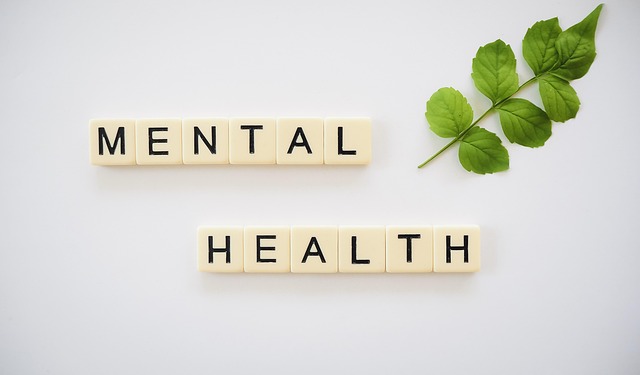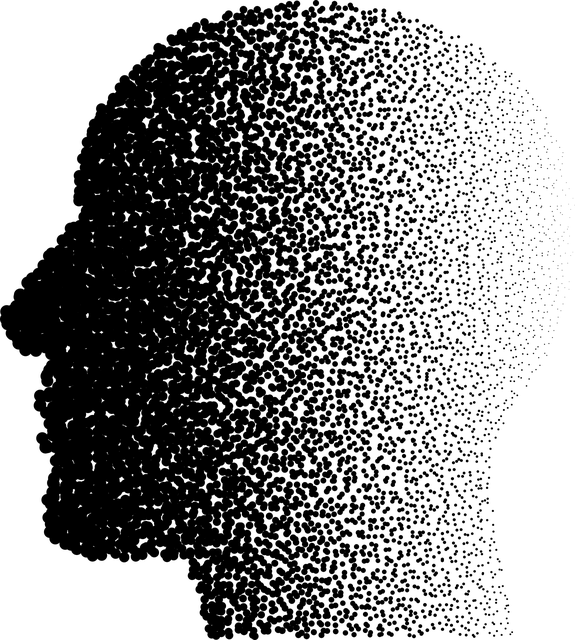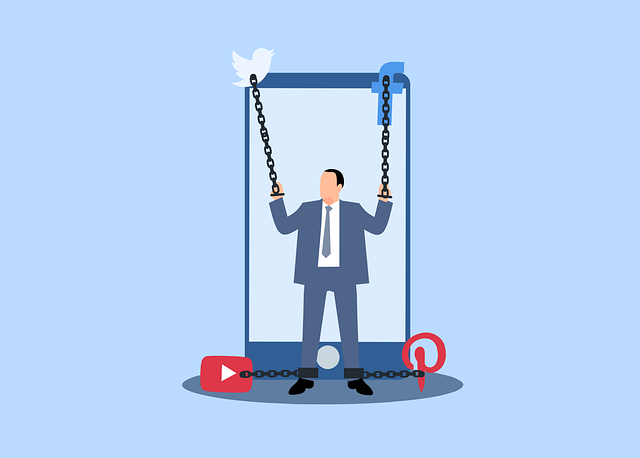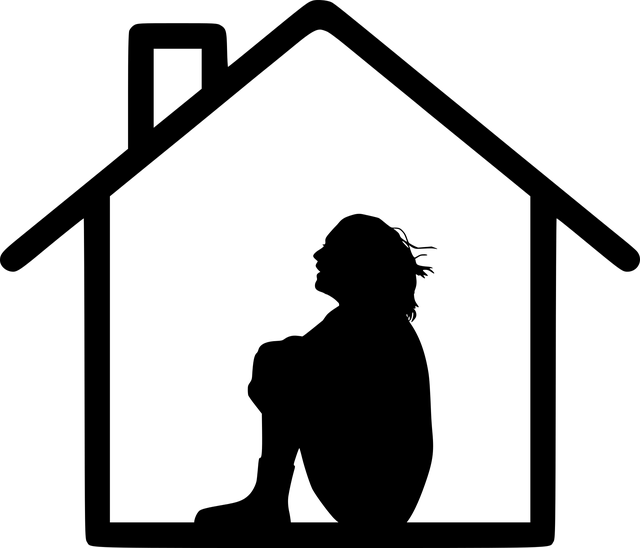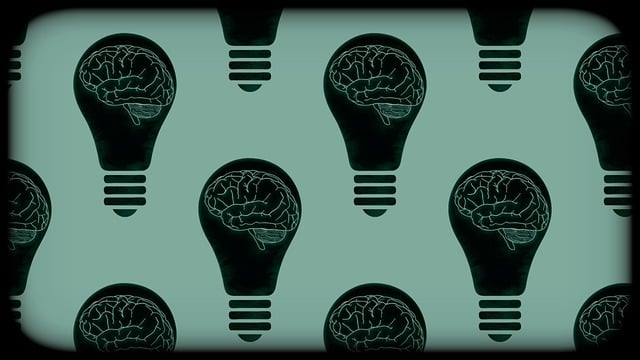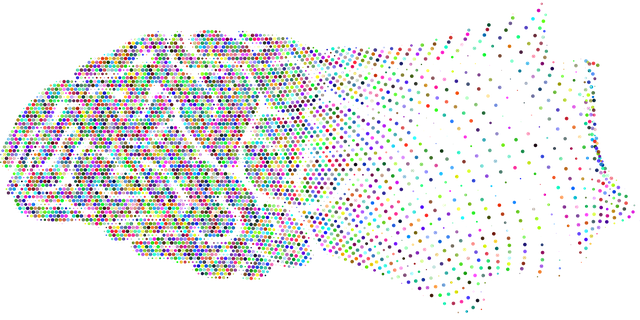Stress management is a critical aspect of individual and collective well-being, exacerbated by diverse triggers like work-life imbalances, relationships, finances, and life transitions. Chronic stress can have significant physical and mental health consequences for both individuals and professionals. Parker EMDR Certified Therapy emerges as a powerful solution, offering evidence-based techniques such as Conflict Resolution and Self-Esteem Improvement to help individuals manage stressors effectively. This therapy combines bilateral stimulation with memory recall to facilitate the brain's healing process, reprocessing traumatic memories and reducing their negative impact on current emotional states. By integrating Parker EMDR Certified Therapy into workshops, facilitators equip participants with robust coping strategies, enhancing mental health support and overall well-being. Measuring success through participant feedback and tracking long-term behavioral changes ensures sessions remain impactful and sustainable.
“Discover the art of stress management through comprehensive workshops. This article explores effective strategies to combat modern-day stressors, offering a deeper dive into the transformative potential of EMDR (Eye Movement Desensitization and Reprocessing) therapy—a revolutionary approach backed by Parker EMDR Certified Therapists.
From understanding stress triggers to designing engaging workshops and measuring success, we guide you through every step. Empower yourself with knowledge and tools to foster resilience and well-being.”
- Understanding Stress: Unveiling Common Causes and Impact
- The Power of EMDR Therapy: A Revolutionary Approach to Stress Management
- Designing Effective Workshops: Strategies and Techniques for Facilitators
- Measuring Success: Evaluating the Impact and Sustainability of Stress Management Programs
Understanding Stress: Unveiling Common Causes and Impact

Stress is a ubiquitous part of modern life, yet its causes and effects can vary widely among individuals. Understanding this complexity is crucial for effective stress management. Common triggers include work-life imbalances, personal relationships, financial pressures, and major life transitions. The impact of chronic stress can be profound, affecting both mental and physical health. It may manifest as anxiety, depression, insomnia, or even contribute to long-term health conditions like heart disease. For mental health professionals, managing their own stress is not just self-care; it’s essential for maintaining optimal practice standards and client care.
A Parker EMDR Certified Therapy approach can offer valuable insights into addressing these challenges. By integrating techniques such as Conflict Resolution and Self-Esteem Improvement, workshops can empower individuals to navigate stressors effectively. Moreover, a thorough Risk Assessment for Mental Health Professionals is vital to ensure safety and well-being in high-stress scenarios. These strategies collectively contribute to fostering resilience and promoting overall wellness in the face of life’s pressures.
The Power of EMDR Therapy: A Revolutionary Approach to Stress Management

Stress management workshops often incorporate innovative techniques to help individuals cope with life’s challenges. One such game-changer is Eye Movement Desensitization and Reprocessing (EMDR) therapy, a revolutionary approach that has gained prominence in the field of mental health. This Parker EMDR Certified Therapy method is designed to help clients process traumatic memories and reduce the intensity of associated emotions, offering a powerful tool for stress management.
By combining bilateral stimulation, such as side-to-side eye movements or tactile taps, with guided recall of distressing events, EMDR facilitates the brain’s natural healing process. This therapy encourages the reprocessing of traumatic memories, allowing individuals to view past events from a more adaptive perspective and reduce the negative impact they have on current emotional states. Incorporating EMDR into stress management workshops can empower participants with effective coping strategies, enhancing their overall mental health policy analysis and advocacy while also supporting the successful implementation of community outreach program initiatives.
Designing Effective Workshops: Strategies and Techniques for Facilitators

Designing effective workshops is an art that requires a blend of structured planning and adaptability. Facilitators play a pivotal role in guiding participants through various stress management techniques, ensuring each session is both informative and engaging. A well-structured workshop should begin with a clear agenda, outlining the topics to be covered and the expected outcomes. Incorporating interactive elements like group discussions, exercises, and role-playing can enhance learning and promote active participation.
For instance, facilitators can introduce innovative approaches such as Eye Movement Desensitization and Reprocessing (EMDR) Certified Therapy, which has proven effective in stress reduction and conflict resolution techniques. By combining these evidence-based methods with traditional Stress Reduction Methods, workshops can offer a comprehensive strategy to combat mental illness stigma reduction efforts. Engaging participants through varied activities allows for a dynamic learning environment, fostering better retention of skills and knowledge gained during the session.
Measuring Success: Evaluating the Impact and Sustainability of Stress Management Programs

Measuring success is a critical aspect of organizing and evaluating Stress Management Workshops. It involves assessing the impact and sustainability of the programs implemented to ensure they achieve their intended goals. One effective method is through participant feedback, where attendees can share their experiences and the degree to which they felt empowered to manage stress. This qualitative data provides insights into the practical application of learned techniques in everyday life.
Additionally, tracking long-term behavioral changes and improvements in mental wellness can be a robust indicator of program effectiveness. Studies have shown that Parker EMDR Certified Therapy, for instance, can lead to significant self-esteem improvement and effective crisis intervention guidance. By measuring these outcomes, organizers gain valuable insights into the sustainability of the programs, enabling them to refine future sessions for optimal impact on participants’ mental health and overall well-being.
Stress management workshops, designed with a focus on techniques like EMDR (Eye Movement Desensitization and Reprocessing), offer powerful tools for individuals seeking to navigate life’s challenges. By delving into the causes of stress and providing evidence-based practices, these programs empower participants. As highlighted by Parker EMDR Certified Therapy, facilitators play a crucial role in creating safe spaces, guiding participants through transformative journeys, and fostering sustainable coping mechanisms. Through careful design, measurement, and evaluation, workshops can effectively reduce stress, enhance well-being, and positively impact long-term mental health outcomes.
